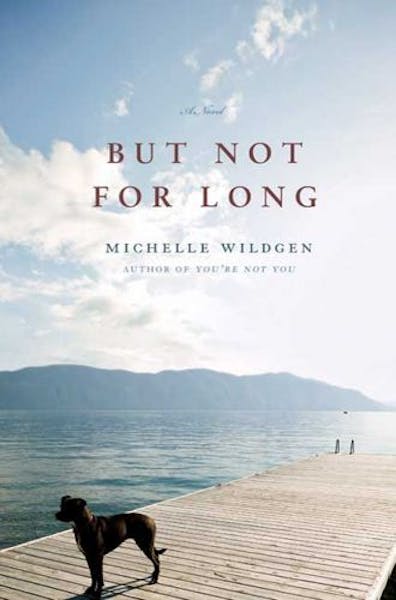I used to be a bit snooty about Anne Tyler. Her work was too popular (read: vulgar). The quirkiness of her characters verged on cute. Everything was just so nice. I should've known better, since I kept reading her books -- and certainly not to find the flaws in them. Finally, in "The Accidental Tourist," I encountered Muriel. She was adorably quirky, vulgar in her manic talkativeness and substandard grammar, exceptionally nice, and her depth and humanity overcame the skepticism of the main character -- just as the depth, humanity and accidental wisdom of Anne Tyler must ultimately overcome the resistance of skeptics like me. In Tyler's new novel, "Noah's Compass," we are in familiar territory -- not just the Baltimore of most of her books, but also the heartfelt geography of struggling consciences, troubled minds, good intentions and offbeat longings so thoroughly mapped in all of her fiction. Our hero here is Liam Pennywell, 61 years old, just let go from his longtime job teaching fifth grade in a second-rate private boys' school. As so often happens in Tyler's work, the hero is defined as such not by anything like heroics but by the author's clear, sustained and sympathetic focus on him. The very night that Liam moves into his new, smaller apartment, gamely prepared to see the general downturn in his circumstances as a necessary move toward the final, summing-up stage of life, someone breaks in and thumps him so hard on the head that he can't remember what happened.
This is the problem that propels the story forward, as Liam becomes obsessed with the memory he's lost. His obsession leads him to Eunice, the Muriel figure in this book, a curious, sweet and deceptively simple younger woman whose job it is to prompt and guide an elderly titan of industry whose memory is going.
The plot of "Noah's Compass" follows Liam's peculiar courtship of Eunice. But what's finally more important and interesting, and what this halting romance illuminates, is the summing up that Liam is actually doing. Throughout everything that happens -- the firing, the move, the break-in, the affair -- the characters who people Liam's past come and go: his dead first wife, his divorced second, his children by both, their partners and children.
Early on, Liam imagines arriving at the "stage where he sat in his rocking chair and reflected on what it all meant, in the end." And in the end, he is not so much forced as invited to reflect. Taking up the challenge, he gets a whole new look back at his life -- and a genuine chance to look ahead, to understand his life differently, and, perhaps, better.
In her way, Anne Tyler is Muriel, too sweet and funny and familiar by half; and in the end, it's hard not to love her, hard not to see how, in showing us the depths of the small worlds of those like Liam and Eunice and so many others, she reminds us of the infinite reach of our humanity.
Ellen Akins is a novelist in Cornucopia, Wis.

Minnesota Sports Hall of Fame: A class-by-class list of all members

This retired journalist changed professional wrestling from Mankato

